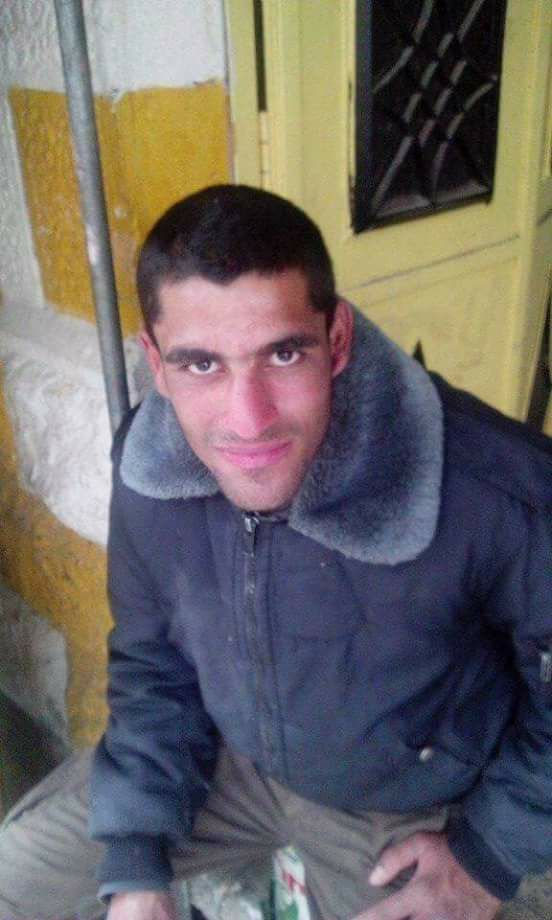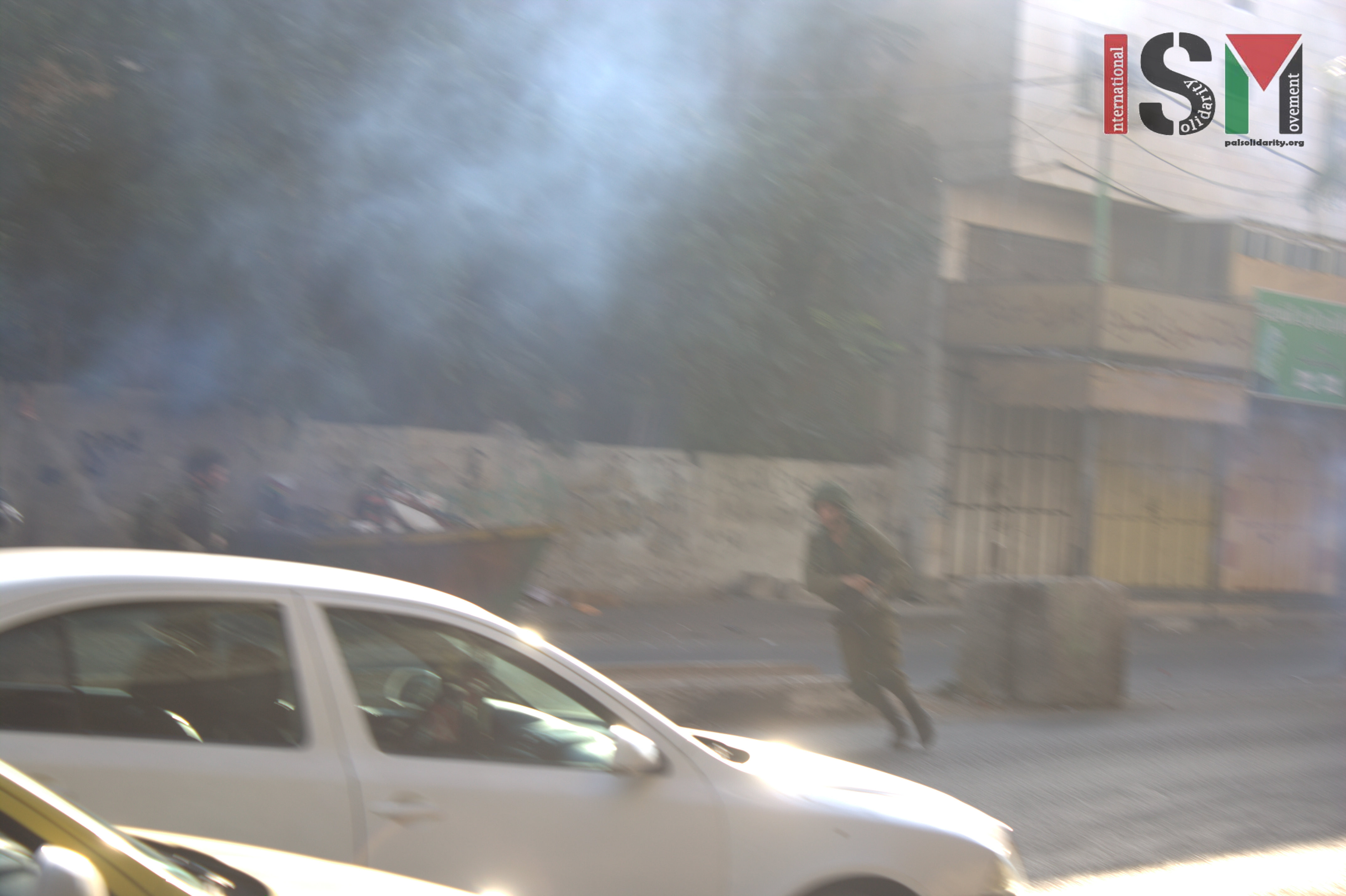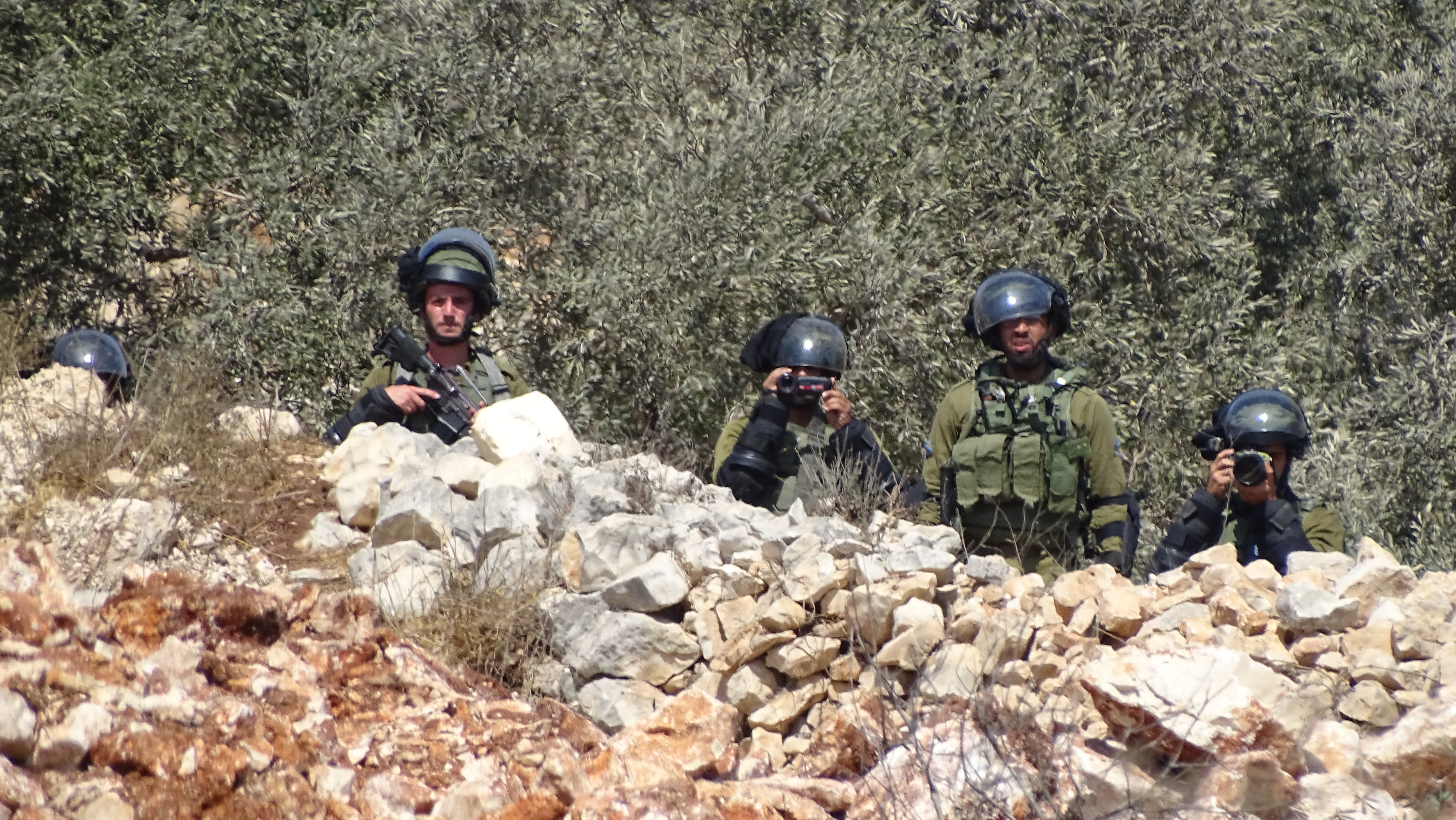Tag: Ethnic Cleansing
-
Resistance & Death in al Khalil/Hebron
9th March 2018 | International Solidarity Movement, al Khalil team | Occupied Palestine Friday at around 16.00, 24-year old Al Khalil resident Mohammad Zain al-Jabari was shot and killed by armed Israeli occupational forces during smaller clashes in Al Khalil, Hebron. He leaves behind his wife and his 4-year-old child. Al-Jabari was hit in the…
-
Israeli forces invade Hebrons commercial center on Friday
10th September 2017 | International Solidarity Movement, al-Khalil team | Hebron, occupied Palestine On Friday, 8th of September, large amounts of Israeli soldiers went into the H1 area of occupied Hebron, supposedly under full Palestinian control. The army used teargas and stun grenades at one of the main junctions in downtown Hebron, effecting the accessibility…
-
Israeli military shot 20-year old in the chest with rubber coated steel bullet
8th September 2017 | International Solidarity Movement, Huwwara-team | Kafr Qaddum, occupied Palestine During the demonstration in Kfar Qaddum today, Friday the 8th of September, a 20-year old Palestinian protester was shot with a rubber coated steel bullet in his chest, and treated at the scene, while camera drones were buzzing above the heads of…



